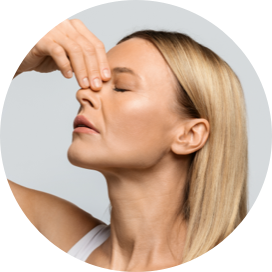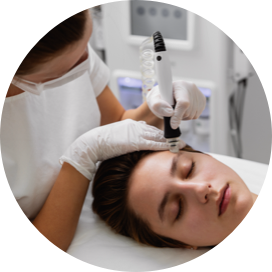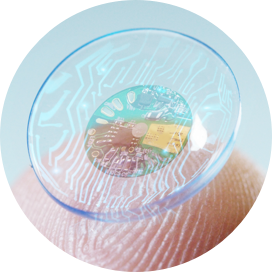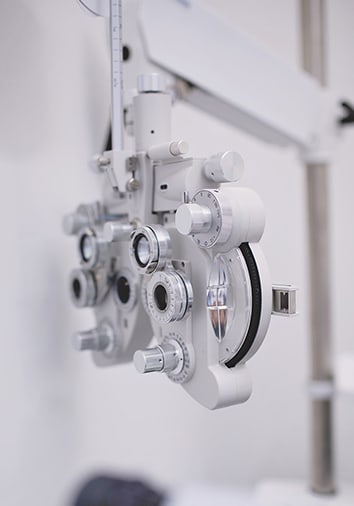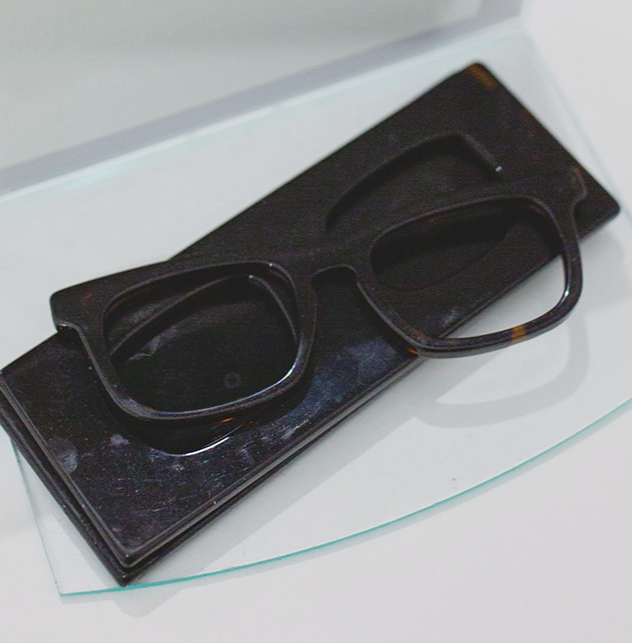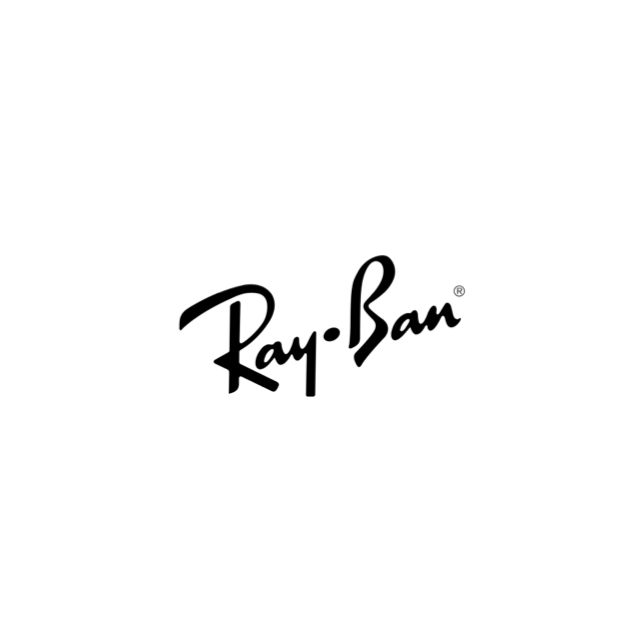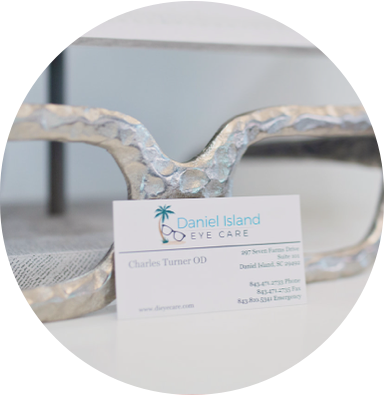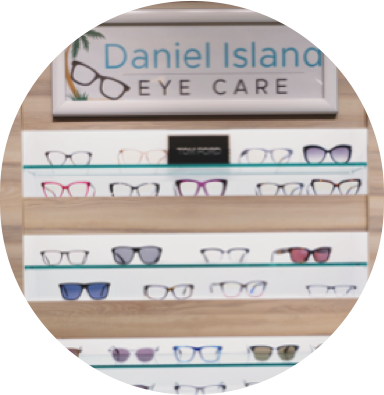Eye drops are a common treatment for dry eyes, allergies, infections, and other eye conditions. But what happens when you reach for a bottle and realize it’s past the expiration date? Using expired eye drops is not recommended, as they may be less effective, contaminated, or even harmful to your eyes. The preservatives and active ingredients in eye drops can degrade over time, leading to reduced potency and an increased risk of bacterial growth.
Learn more about safe eye care and schedule an eye exam if you’re experiencing eye discomfort or irritation.
Why Do Eye Drops Expire?
Like any medication, eye drops have a shelf life. The expiration date is determined based on how long the active ingredients remain stable and effective. Over time, exposure to air, bacteria, and environmental factors can degrade the solution, making it less safe for use.
There are two main types of eye drops, and both have different expiration concerns:
- Preservative-free eye drops: These come in single-use vials and should be discarded immediately after opening. Since they lack preservatives, they can quickly become contaminated.
- Preserved eye drops: These contain ingredients that help prevent bacterial growth, but once the bottle is opened, the preservatives lose effectiveness over time, increasing the risk of contamination.
Risks of Using Expired Eye Drops
Using expired eye drops can pose several risks to your eye health, including:
Reduced Effectiveness
Expired eye drops may no longer work as intended. If you’re using medicated drops for an eye infection or glaucoma, using an expired product can fail to provide the necessary treatment, potentially worsening your condition.
Bacterial Contamination
Once the preservatives break down, bacteria and fungi can grow inside the bottle. Using contaminated drops can introduce harmful microorganisms to your eyes, increasing the risk of infections such as:
- Conjunctivitis (Pink Eye): A common eye infection that causes redness, swelling, and discharge.
- Keratitis: A more severe infection of the cornea can lead to vision loss if left untreated.
Eye Irritation & Allergic Reactions
The breakdown of chemicals in expired eye drops may lead to irritation, burning, or allergic reactions. Instead of relieving discomfort, expired drops could make your symptoms worse.
Can You Use Expired Eye Drops in an Emergency?
If you’re dealing with eye discomfort and only have expired eye drops on hand, you may be tempted to use them. However, even in an emergency, using expired drops carries risks. Instead of expired eye drops, try these safer alternatives:
- Use sterile saline solution – If your eyes are dry or irritated, a sterile saline solution can provide temporary relief.
- Rinse with clean water – If something is irritating your eyes, flushing them with cool, clean water can sometimes help.
- See an eye doctor – If your symptoms persist, schedule an appointment to get the right treatment.
How to Properly Store Eye Drops
Proper storage can help extend the life of your eye drops so they remain usable until the expiration date. Follow these tips:
- Keep them sealed: Only open the bottle when needed, and always close it tightly.
- Store at the right temperature: Follow the storage instructions on the label. Some eye drops require refrigeration, while others should be kept at room temperature.
- Avoid contamination: Never touch the dropper tip with your fingers or let it come into contact with your eyes.
How to Tell If Eye Drops Have Gone Bad
Even if your eye drops are not past the expiration date, they can still go bad if improperly stored or contaminated. Signs your eye drops may no longer be safe to use include:
- A cloudy or discolored appearance
- The presence of floating particles inside the bottle
- A foul or unusual odor
- A clogged or dirty dropper tip
- Burning or irritation when applied to your eyes
If you notice any of these signs, it’s best to dispose of the drops and replace them with a new bottle.
When Should You Replace Your Eye Drops?
If you’re unsure whether your eye drops are still safe to use, consider the following guidelines:
- Preservative-Free drops: Use immediately after opening and discard the vial.
- Over-the-Counter lubricating drops: Replace within one to three months after opening.
- Medicated eye drops: Follow the manufacturer’s instructions, but most should be discarded after one month.
- Expired drops: Do not use them, even if they look fine.
Safe Alternatives to Expired Eye Drops
If your eye drops are expired, don’t risk using them. Instead, try these alternatives:
- Buy a new bottle: Fresh eye drops for added safety.
- Use artificial tears: If you need relief for dry eyes, over-the-counter artificial tears are a safe option.
- Consult an eye doctor: If you rely on medicated eye drops, speak to your optometrist for a replacement prescription.
How to Properly Dispose of Expired Eye Drops
Throwing expired eye drops in the trash might not be the best option, as some chemicals can be harmful to the environment. Instead, follow these disposal tips:
- Check the label – Some eye drops provide specific disposal instructions.
- Use a medication disposal site – Many pharmacies and clinics accept expired medications.
- Do not pour down the drain – Some ingredients can contaminate water supplies.
Always Check the Expiration Date
To keep your eyes healthy and protected, never use expired eye drops. The potential risks, including infections and reduced potency, outweigh any perceived benefits. Always check the expiration date and replace old eye drops with a fresh bottle for safe eye care.
If you’re experiencing eye discomfort or need advice on eye drops for your needs, schedule an eye exam with an optometrist at Daniel Island Eye Care today.


